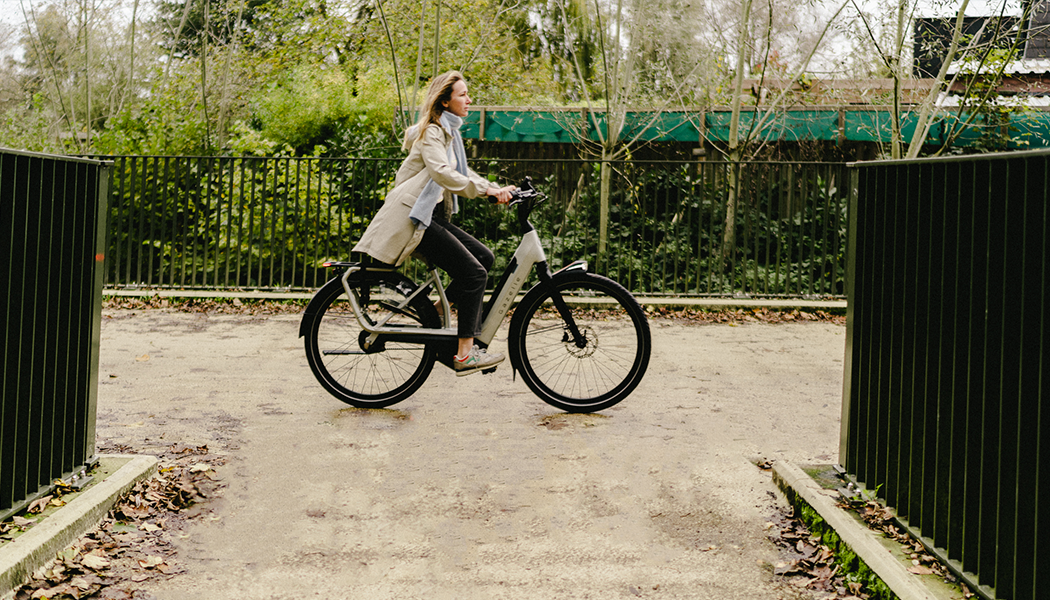EmployerSelf-employedEmployeeGovernments
The Belgian bicycle market in 2023.
With the annual cycling event Velofollies behind us, it's time to take stock. An enthusiastic...
As an employer, you can provide your employees with a tax-free cycling allowance for commuting by bicycle. This cycle compensation is exempt from taxes and social security contributions up to a certain limit.

The cycling allowance is a tax-free compensation provided by the employer to the employee who regularly uses the bicycle for commuting to and from work. By doing so, the employer encourages its employees to use sustainable transport modes, and it also gives them a financial incentive. The amount of the allowance differs depending on the distance traveled, as well as the form of compensation.
The cycling allowance is capped at a certain amount. For the year 2023, the tax-free limit is €0.27/km. However, if an employer’s compensation exceeds this limit, the difference is taxed as remuneration.
The bike allowance is usually calculated on the basis of the number of days that an employee cycles to and from work. The calculation also takes the distance of the commute into account. The amount is generally expressed in euros per kilometer, and this rate is multiplied by the distance traveled per day. The total amount can be paid to the employee monthly or annually.
Until recently, employers were not required to provide a bicycle allowance to their employees unless otherwise provided for in a sectoral collective agreement. This was the case, for example, for Joint Committee 329.02 or certain public sector collective agreements.
Based on a collective agreement in the National Labor Council (NAR), since May 1, it is now mandatory for all employers in the private sector to give a bicycle allowance of 0.27€ to all employees who travel to work by bicycle.
Nothing will change for employers who were already (compulsorily) providing a bicycle allowance.
Offering a cycle allowance to employees has several advantages for the employer:
Next, to these benefits, the employer can also benefit from a reduced tax bill. The cycle allowance is not subject to payroll tax and social security contributions up to the limit. The allowance can, therefore, reduce the wage bill of the employer who can offer an attractive compensation package to employees.
Bike allowances are often granted at companies where bicycle leasing is also offered. And rightly so! A bike allowance is the perfect way for the employee to recoup the cost of bicycle leasing. Thus, an employee who travels enough miles can lease a bicycle almost for free.
Even without a bike allowance, bike leasing is a tax-efficient way of flexible remuneration, both for the employer and employee.
The employee pays no benefit in kind and no social security contributions on a company bicycle. Bike leasing is therefore up to 50% cheaper than a private purchase of a bicycle.
Allocating a leased bicycle via gross salary exchange is often cost-neutral for an employer and is much more advantageous than a gross salary increase. The lease price of a company bicycle is a 100% deductible expense with no employer contribution.
Cycling is not only a healthy and green mode of transportation, but it also provides a range of benefits for employers and employees. Providing a bike allowance to employees is a way to encourage the use of sustainable modes of transportation, while also increasing the physical health of staff and reducing traffic congestion. As an employer, offering a bike compensation scheme is a win-win proposition that promotes sustainable transport and healthy living, while also reducing the costs of the wage bill.

content marketeer

With the annual cycling event Velofollies behind us, it's time to take stock. An enthusiastic...

A cycling policy is a must-have for anyone who wants to start leasing company bicycles. In a...
Want to be informed about the ins and outs of the cycling world? Then sign up for our newsletter here!